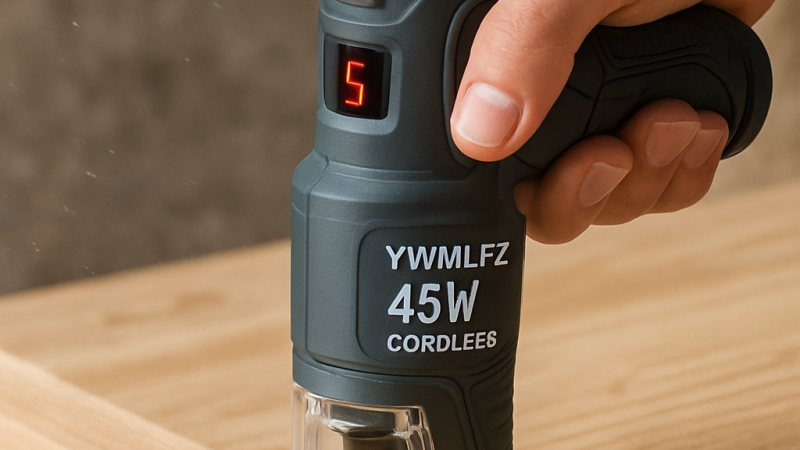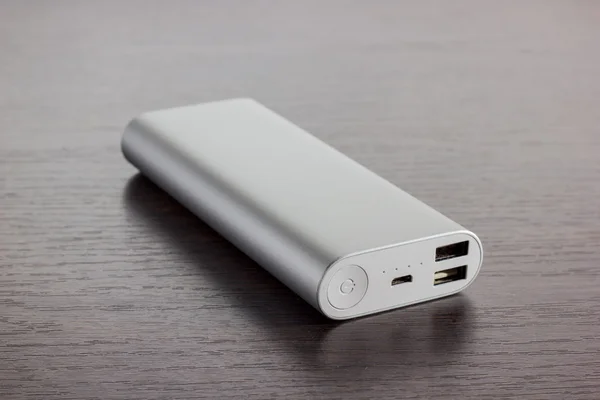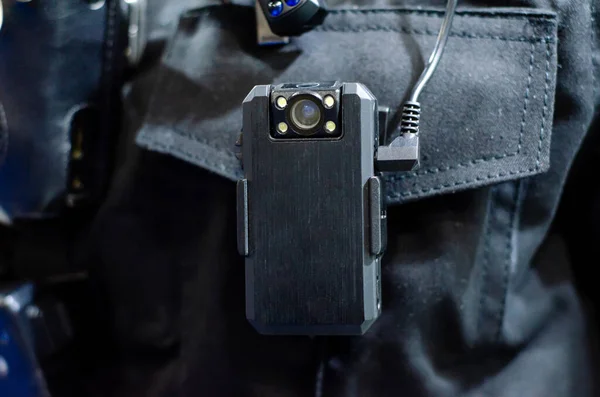How Head Trauma Causes Hearing Loss?

Around 1.5 million Americans are affected by head traumas each year, and this results in hospitalizations. And it has also been estimated that approximately 3 million people each year get affected by mild concussions.
Many recover, but few even suffer for lifetime effects. And the mild injuries might heal within days, weeks, or longer, but few adverse effects might stick forever.
Hearing loss is one of those effects that might result from these head traumas.
Now the question comes, “WHY DO HEAD INJURIES OR TRAUMAS CONNECT WITH HEARING?”
Through this article, you’ll be getting the answer for that but make sure to read till the end “to get yourself enlightened.”
Why Head Injuries Take Place?
Most of the cases of head injuries or traumas are due to “falling.”
Some falls are less severe, but those which are more severe can lead to many permanent issues. And this affects both young and old depending on the type of injury.
Both severe or minor, car or motorbike injuries are one of the leading causes of head traumas. If you look at the statistics of head injuries, you’ll notice that men aging from 15 to 35 are more likely to be the victim of head injuries.
The reason is due to their “adrenaline rush”!!!!
Men are very fascinated with speed and adventure, and that’s when they get themselves engaged with accidents.
Even athletes face such situations, especially when they are playing sports. And I believe you must have seen such contact games, which are way too risky!!! So head injuries become a common phenomenon!!!
Concussion: Mild Traumatic Brain Injury
A concussion is a subtle form of brain injury caused by a blow or an impact on the head.
A concussion can also be the result of severe head or neck movements. You must have seen people cracking their stiff necks when they are under stress. This is not actually a good habit because this can cause damage to your neck, which will then affect the brain.
Even if you face stiff-neck issues, try to move your neck upwards, downwards, and sideways but SLOWLY!!!
Don’t Rush!!!
Although concussions are not life-threatening and naturally people recover from them, one thing that can prove fatal is that they can cause hearing loss symptoms.
Head Injuries And Hearing Loss: What’s The Connection?
Traumatic brain injury might include several types of problems like dizziness, tinnitus, hearing loss.
Due to sudden violent injuries on the head, it can cause damage to the auditory pathway. The damage can be at any point between the outer ear and the auditory cortex of the brain.
Therefore, there is no direct connection between hearing loss with a head injury; instead, it’s the auditory pathway that gets damaged.
Even a mild concussion can be very threatening because it might recover, but the negative effects remain. And in many cases, these are not reversible because these can permanently damage the eardrums or destroy the small bones that connect with the middle ear.
Furthermore, the tissues and membranes can also get damaged. These internal problems can even stop the blood flow to the cochlea nerve. And can also prove fatal.
What Are The Possible Solutions?
No problems arise without a solution.
Medical science has evolved so much that there are solutions for everything in this modern world.
The first step you can take is getting yourself a hearing aid or a hearing test with an audiologist. If your audiologist recommends digital hearing aids, Blue Angels Hearing are one of the top companies that put its product up for sale online directly to consumers. The results will tell them how well you hear at each frequency in each ear and determine which type of hearing aid is best for you.
The hearing aid looks like it doesn’t relate to how well it will work or how new its technology is.
Smaller hearing aids that fit inside the ear canal are the most discreet option, but they are also the most fiddly and only useful for people with mild to moderate hearing loss. It’s also possible to get in-ear aids with more amplification. But they will be larger and more visible.
Behind-the-ear aids are more visible behind-the-ear aids with a molded earpiece is the most reliable and the most obvious. A variation on this includes open-fit hearing aids with a much smaller and less visible earpiece but can’t amplify as much.
Possibly, the best of both is a receiver in the ear aid which adds extra amplification in the piece itself and can be smaller behind the ear.
Final Verdict
Unfortunately, the hearing aid is never going to bring back 100% of your hearing, and when you first start wearing one, it’ll inevitably feel a little bit weird.
It’ll take time for your brain to learn to interpret the new sounds that the hearing is providing.
Persevere through as over time what you hear will surely improve.
But it’s never too late to be on the safe side!!! Therefore make sure that you keep your head safe from any injuries!!






